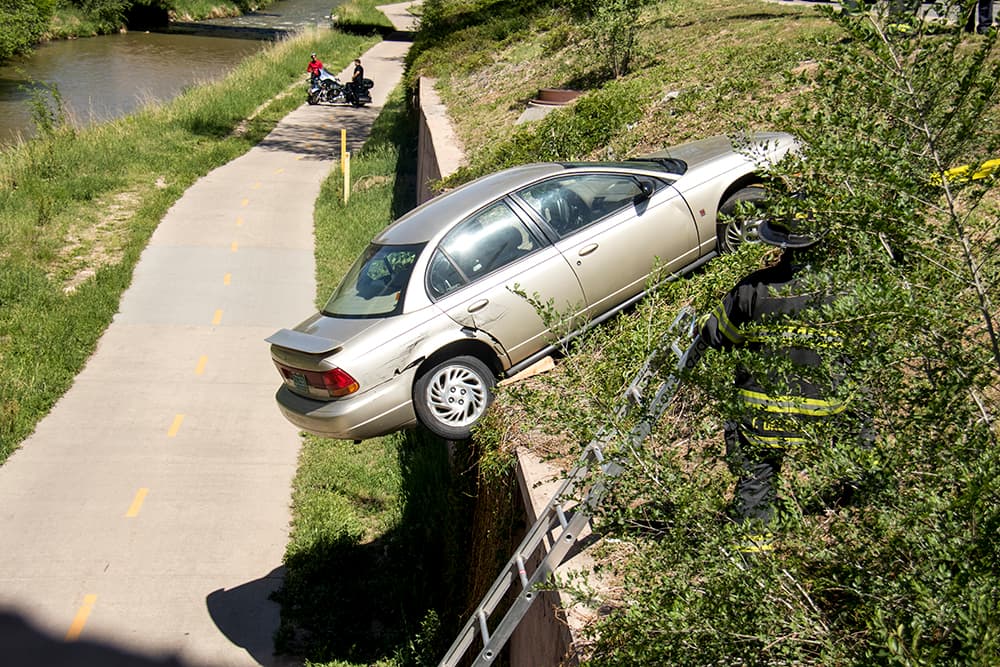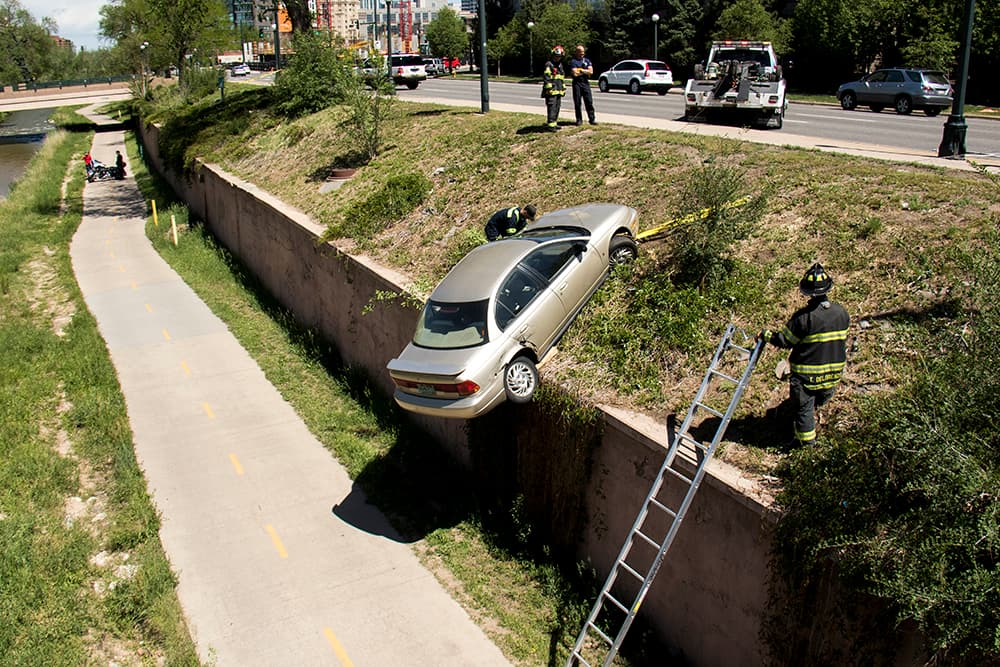
New data from the Colorado Department of Public Health and Environment mirrors a deadly trend for workers across the country.
Eighty-one workers died on the job in Colorado during 2016. Fatal injury cases in the state were up by about 8 percent, or six people, from 2015, according to the Colorado Census of Fatal Occupational Injuries data shared this week.
The data shows the uptick in people dying at work increased at a faster rate than the national average.
The U.S. saw a 7.3 percent increase — 354 more people — in the number of workers who died in 2016 compared to the year prior. Altogether, 5,190 people died marking at least an eight-year high for the nation, according to the Bureau of Labor Statistics.
Colorado had the 39th lowest fatal injury rate per 100,000 full-time workers out of all 50 states, according to BLS. The director of the Center for Health, Work & Environment at the Colorado School of Public Health in Aurora, Dr. Lee Newman, said we could still do better.
"One preventable workplace fatality is one preventable workplace fatality too many," Newman said. "As a doctor, I can tell you I've seen enough suffering among workers who get injured on the job to say we should be aiming for zero."
Newman said getting to zero includes collecting data on all workplace injuries and providing that number to the federal government. The state could then use those numbers to analyze what types of jobs and industries are the most dangerous and need to make improvements.
Colorado is one of six states that does not provide injury and illness counts to the feds along with Idaho, Mississippi, New Hampshire, North Dakota and South Dakota.
"I see it as a major problem here in Colorado that we don't report the non-fatal injuries," Lee said. "About 45 other states have figured out it's worthwhile to be collecting the information, sharing the information and tracking it. But Colorado, to my knowledge, has never done that which means we're missing the boat in terms of understanding the true impact of work-related injuries on the health of Colorado workers."
Transportation-related deaths continued to be the leading cause of work-related deaths in Colorado and the nation. In 2016, 48 Colorado workers died in traffic incidents — another eight-year high.
Transportation deaths in 2016 were up from the 10-year average of 39.7 deaths. However, overall work-related deaths were down from the 2007-through-2016 average of 87.8 cases.
Want more Denver news? Subscribe to Denverite’s newsletter here bit.ly/DailyDenverite.
Business & data reporter Adrian D. Garcia can be reached via email at [email protected] or twitter.com/adriandgarcia.













